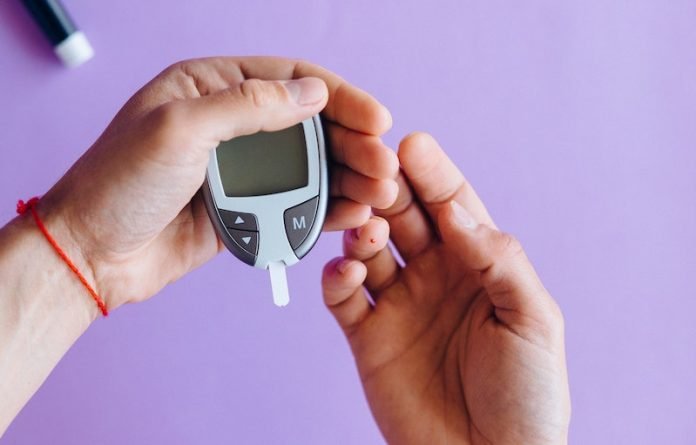
In a new study, researchers tested a community of people living in the Gila River Indian community who had type 2 diabetes.
Some of these people also had another condition called diabetic neuropathy, which caused them a lot of pain and made it difficult for them to do things they enjoyed.
Scientists wanted to find out why some people with diabetes developed neuropathy while others did not.
They studied blood samples from the members of the community to look for clues. Specifically, they looked at something called lipids, which are a type of fat found in our bodies.
Lipids play an important role in our bodies by providing energy and building blocks for our cells.
However, not all lipids are created equal. Some types of lipids, such as unsaturated fats, are considered “healthy” because they can help our bodies function properly.
Other types of lipids, such as saturated fats, can be harmful if we consume too much of them.
The scientists found that people who had high scores for diabetic neuropathy had changes in their lipids that showed they were not using energy as efficiently as they should.
This was happening years before they actually developed neuropathy.
Specifically, they found that a critical pathway called b-oxidation, which converts lipids into sources of nerve energy, was impaired in people who developed neuropathy.
This is important because when nerves don’t get enough energy, they can undergo damage, leading to neuropathy.
The scientists suggested that by identifying changes in lipid metabolism, they could potentially identify patients who are at high risk of developing neuropathy and intervene before they develop symptoms.
The researchers also found that people who had healthier types of fats in their blood were less likely to develop neuropathy.
Specifically, they found that unsaturated fats, such as those found in olive oil, nuts, and fish, were better sources of energy for nerves than saturated fats, such as those found in red meat and butter.
They suggested that a Mediterranean-style diet, which includes lots of healthy fats, might be helpful in preventing neuropathy.
The exercise was also found to be important for preventing neuropathy.
The researchers found that exercise increases the efficiency of the b-oxidation pathway, which can protect our nerves from damage.
They suggested that engaging in a healthy diet and exercise program is the key to preventing neuropathy.
In conclusion, the scientists found that changes in the types of fats in our blood can be a sign that we are at risk for developing neuropathy.
By eating a healthy diet and exercising regularly, we can help protect our nerves and reduce our risk of developing this painful condition.
Identifying changes in lipid metabolism could potentially help identify patients who are at high risk of developing neuropathy and intervene before they develop symptoms.
If you care about diabetes, please read studies about a new way to achieve type 2 diabetes remission, and one avocado a day keeps diabetes at bay.
For more information about brain health, please see recent studies that cranberries could help boost memory, and how alcohol, coffee, and tea intake influence cognitive decline.
The study was conducted by Farsad Afshinnia et al and published in the Annals of Clinical and Translational Neurology.
Copyright © 2023 Knowridge Science Report. All rights reserved.


